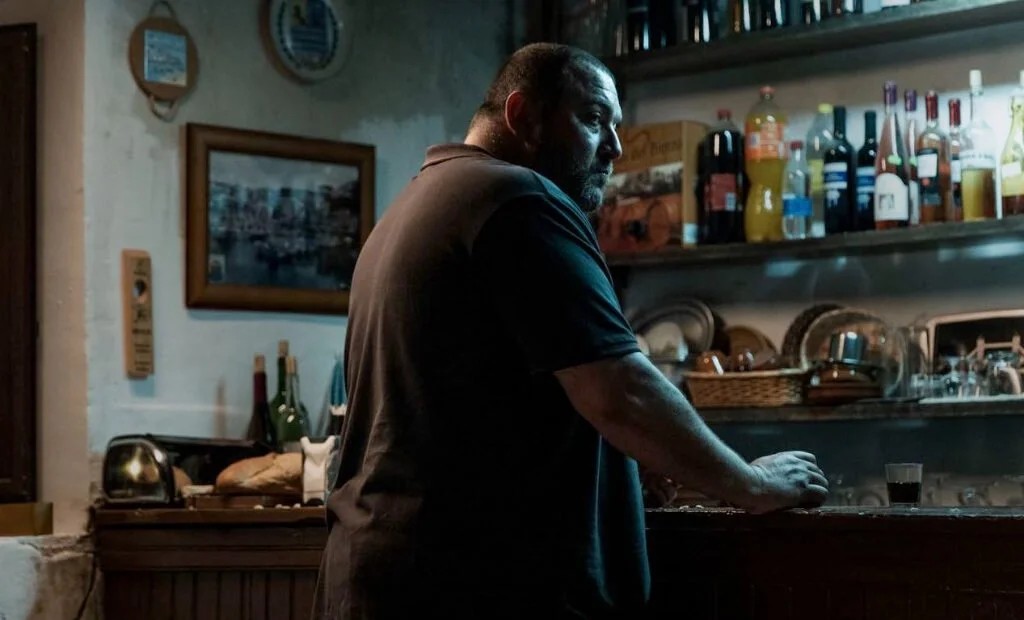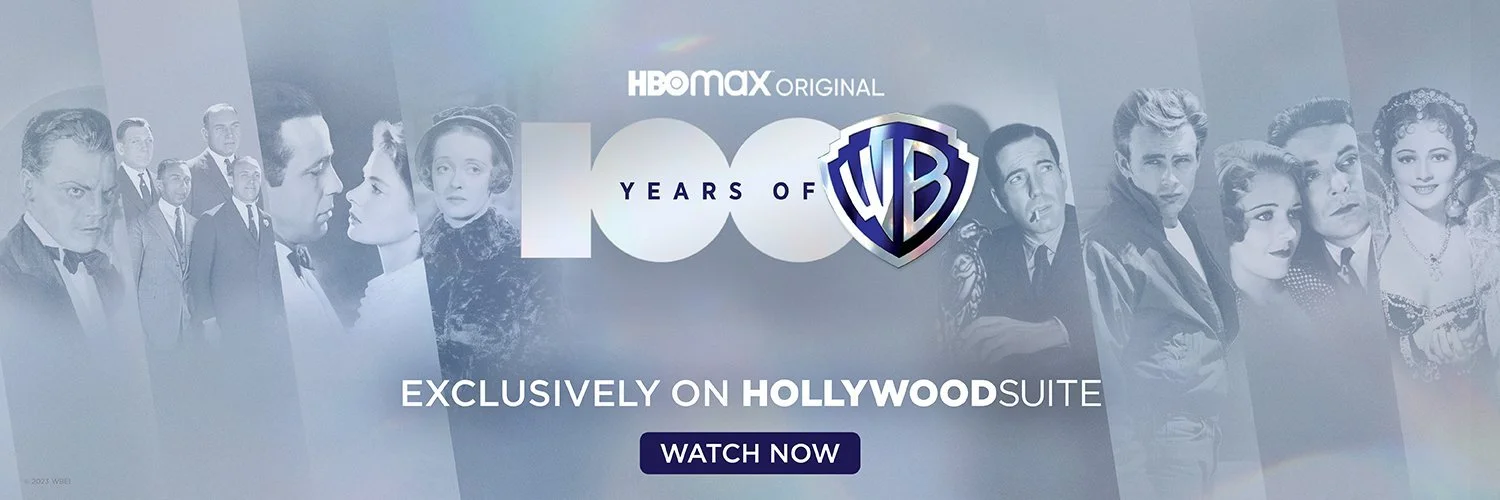The Beasts: Fact-Based Spanish Crime Story a Study in Nightmare Neighbours
By Chris Knight
Rating: A
I don’t know exactly how much of The Beasts is true. But a little research reveals that the bones of this chilling thriller are lifted from a tragic event that actually took place in the rural Spanish region of Galicia more than a decade ago.
In the real-life version, a Dutch couple who had moved to the area looking for a simpler life got into a dispute with their neighbours over the issue of land ownership; most notably over an offer from an energy company that had promised everyone in the village a payout if they allowed wind turbines to be installed there.
Threats and insults on both sides escalated until the Dutchman took to carrying a camera with him at all times to record his altercations with a pair of brothers, one of them mentally disabled, both of them bellicose.
Spanish director and co-writer Rodrigo Sorogoyen lifts all of this from the official record, changing the Dutch immigrant to a Frenchman, presumably to allow the Spaniards to recall an insult levelled at them during the Napoleonic wars. (In fact, Spain once fought France and the Netherlands at the same time, but who remembers the Eighty Years’ War these days?)
This also lets him cast Denis Ménochet and Marina Foïs as Antoine and Olga, the very antithesis of the boisterous, “different” newcomers that anti-immigration types fear. They have close friends in the community, lovingly grow and sell tomatoes, and are fixing up a dilapidated, abandoned farmhouse. They speak French to one another, but their Spanish is more than passable.
None of this matters to Xan (Luis Zahera) and his younger, simpler brother Lorenzo (Diego Anido), who can find fault in anything. To Xan, Antoine’s quietness marks him as standoffish. Educated? More like elitist! Even his physicality can be read two ways: Is he an overweight city boy, or is this the body of a boxer gone to seed?
But what really rankles Xan, we learn in a tense, talky standoff at the film’s halfway point, is that Antoine and Olga came from somewhere else and selected this place to put down new roots. Xan has been in Galicia for all of his 52 years, and his mother before him. This isn’t a place they chose. It’s the place that chose them.
“We’re fed up of being miserable,” he tells Antoine. “But the worst thing: We didn’t know we were miserable until the wind turbine developers came and showed us the figures.” Antoine came here to make things better and doesn’t want windmills tilting at his plans. Xan is just trying to make the best of things, and a few thousand euros in compensation would go a long way.
The film has a strange, engaging structure that hinges on an act of violence. If The Beasts’ first act takes its energy from the squabbling, quarrelling men, its second unexpectedly focuses on Olga, who has been little more than a background figure so far.
Her reaction to the taunts and threats of Xan’s family has a different timbre, and viewers may find themselves a little unsettled, uncertain what to make of the change. Imagine a classic western that suddenly morphed into a police procedural.
But it works very well. We’re still watching the same movie, but it’s as if we got up and switched seats for a different viewpoint. There is not much more you can ask of a film than that it provides you with another perspective, a new angle to look at old problems. The Beasts does that.
The Beasts. Directed by Rodrigo Sorogoyen. Starring Denis Ménochet, Luis Zahera, and Marina Foïs. In select theatres (Toronto’s TIFF Bell Lightbox, Ottawa’s ByTowne Cinema, Edmonton’s Metro/Garneau) August 11. Opening elsewhere in following weeks.



